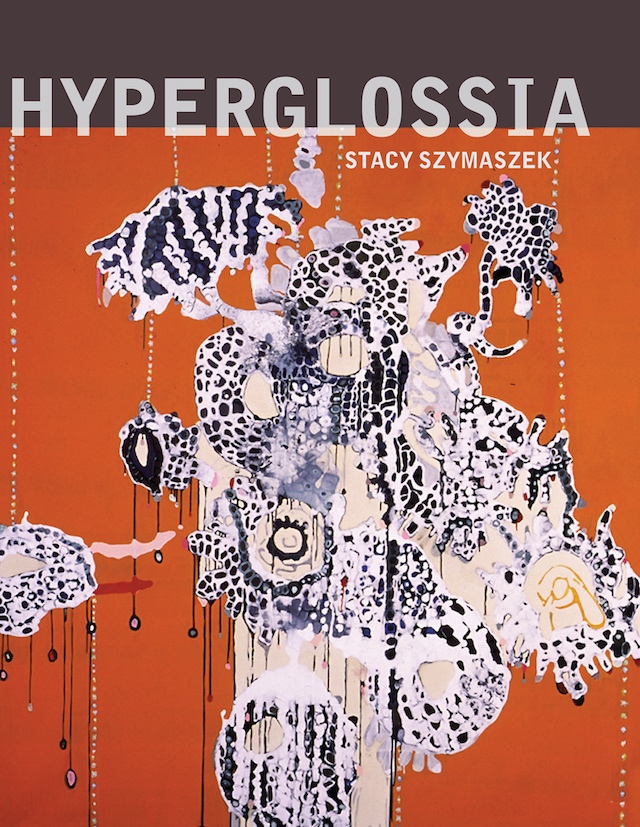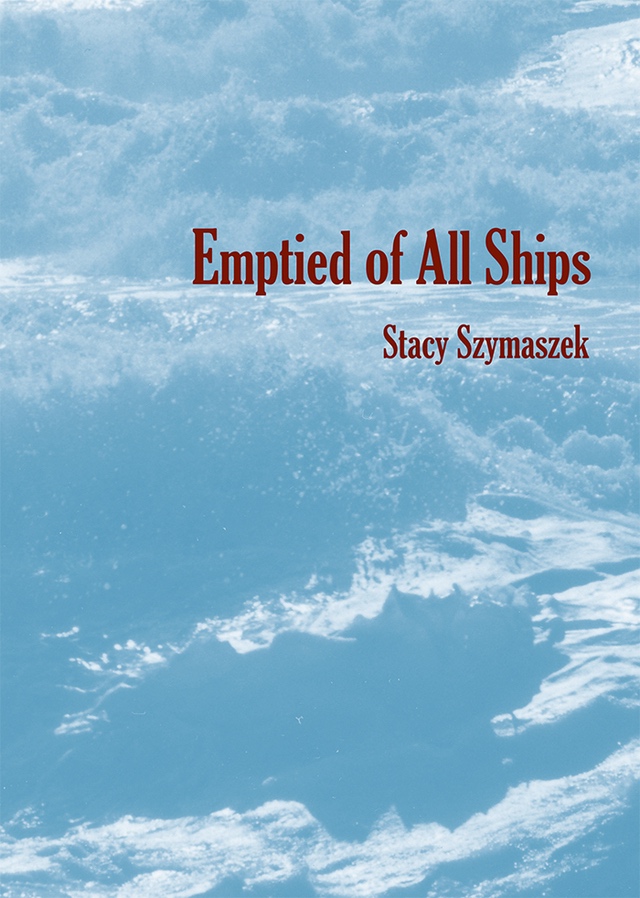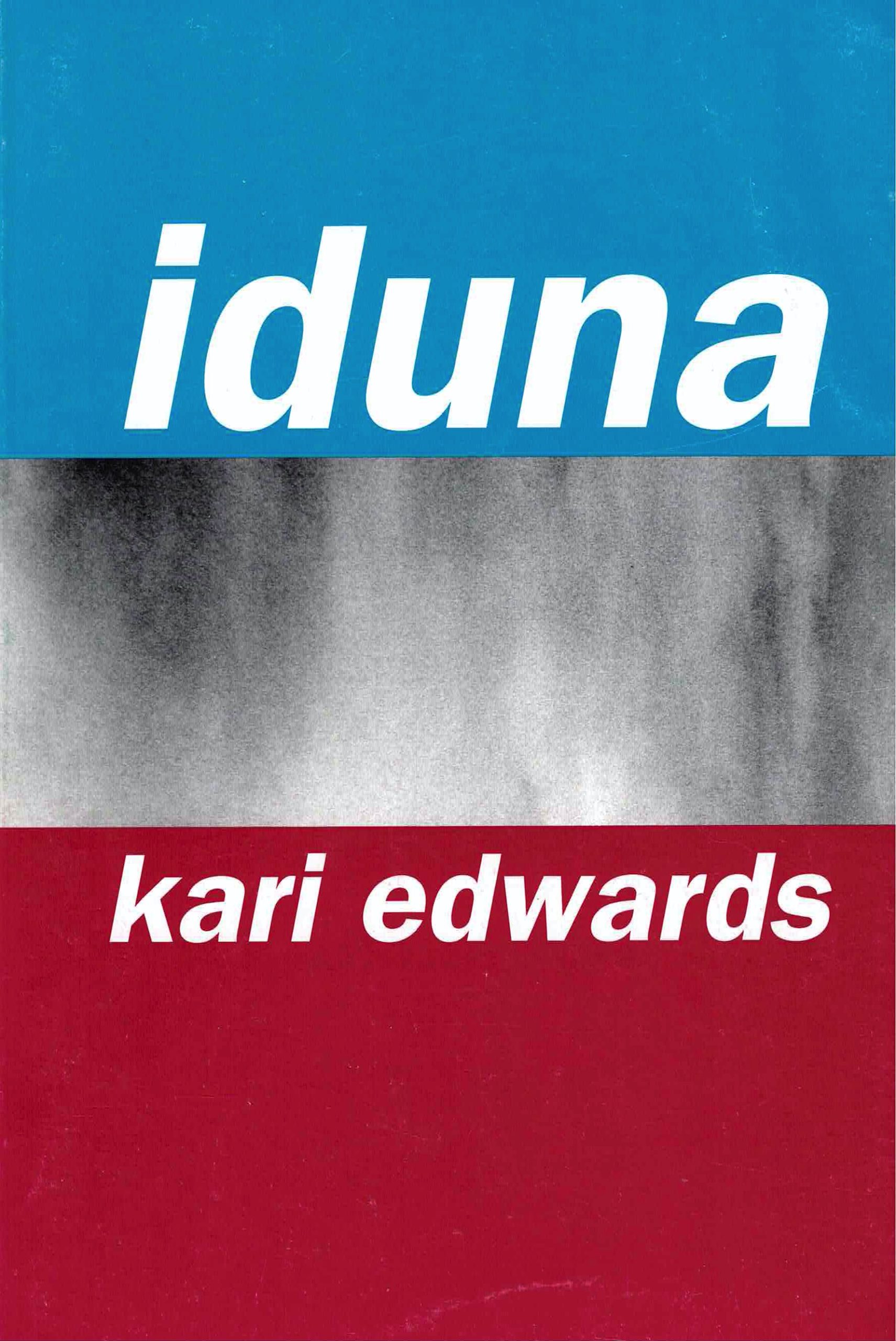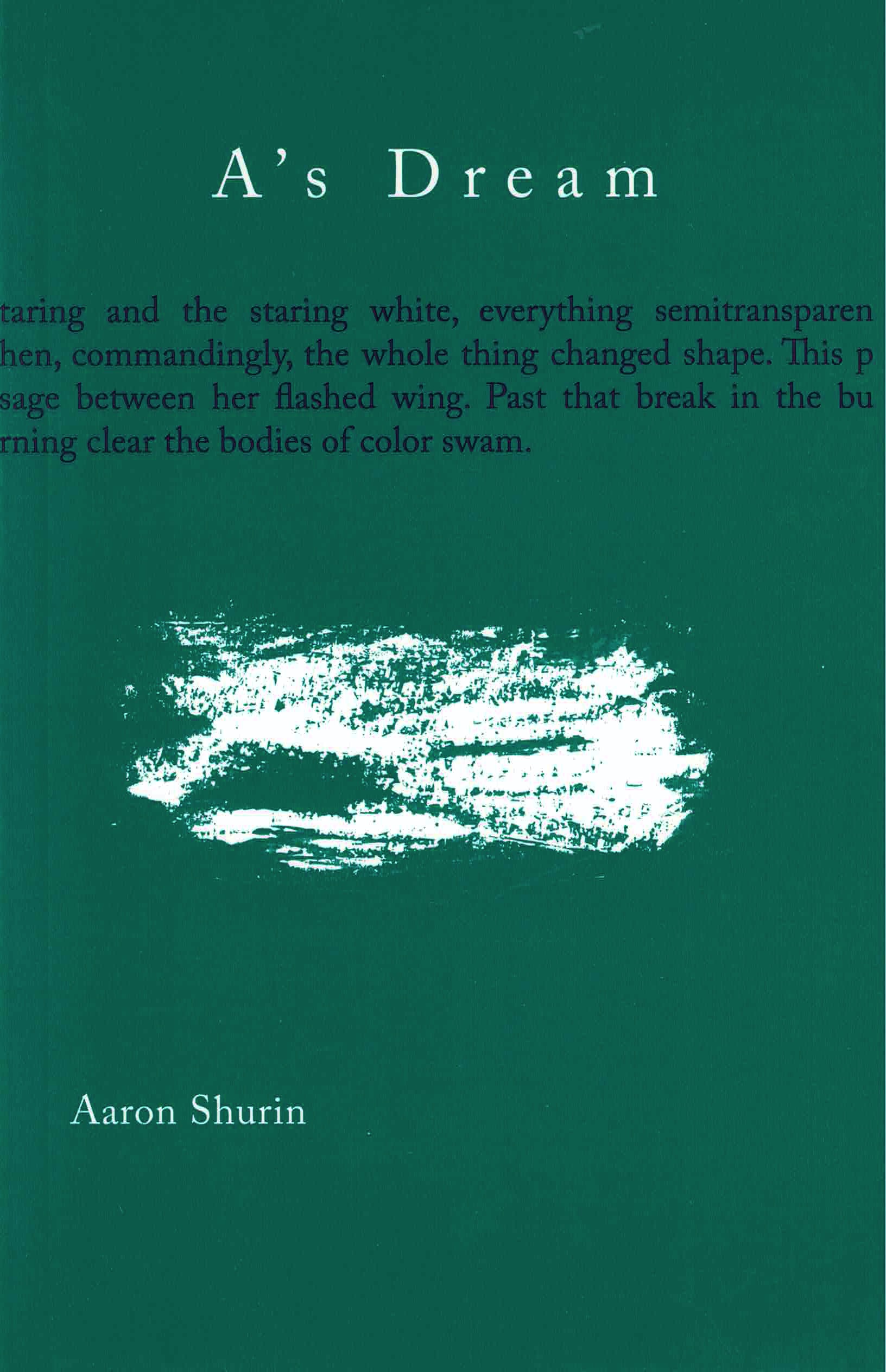“Who is Eustace, and where’s use in that name? How is his tongue doing that thing in my mouth? How is her mouth doing this thing in my tongue?” Out beyond the laws of kinship, Hyperglossia is equal parts kin with Kathy Acker’s In Memoriam to Identity and kari edwards’s a day in the life of p. Szymaszek’s book proposes a world of post-mortality nobody can be slain in absentia where bodies and souls are transported trans-oceanically in leaky vessels whose very uselessness argues for a radically queer trans-poetics, a kind of transmigratory being in which identity, like gender a tomb, can only fail because one ceases to exist as this or that thing. Hyperglossia nourishes trans-identity, an ailment not to be treated except with anagrammatic homeopathies sibilant whispers which cure our injured declarations of love by transmuting a language that otherwise falsifies us into wholeness and pretends to fix us. Hyperglossia is the critical form disruption takes to interrupt the regime. This is writing as metempsychosis, activating a movement across bodies and names, species and spaces, making what’s been excluded from sense sensible blown pink omissions where we’re all twice dying between honey and shipwreck.
— Rob Halpern
Stacy Szymaszek
Praise for Hyperglossia
Hyperglossia is part anthropology, part anatomy; it is part song and part dissonance. Yet Szymaszek’s poetry is always too wily, and too alive with its own pleasures—in short, too wise—to accept any conscription to stable identity. In this “skirmish with a makeshift tongue,” the poet keeps us “attuned to close-calls and eruptions of selfhoods.” Demonstrating that language and identity are “a temporary site,” this poetry is a cultural “mirroror,” full of sly heresies which abet Szymaszek’s poetic subversions so that she is able to “elude detection and find company.” Indeed, in her company, we can be grateful to find such a “superior sayerer.”
— Elizabeth Robinson
Hyperglossia takes us on a journey into the interior where the skin, both liminal and littoral, shifts before us. This movement (“push the boats out/ move them far from my/ inaccuracy”) struggles for and against the sense and eventual record of it. Embodied and disembodied, orienting and disorienting, the mind strives against where a soul might reside, evading the shadows cast by disfigurement, estrangement, or violence. But the itinerant cannot always cover her tracks and the poet hangs on, asking, until the very end, “what of my persuasion now.”
— Ammiel Alcalay
In her new book Hyperglossia, a key text for our time, Stacy Szymaszek embarks upon a multi-persona allegorical narrative whose serial variations embody sound and experience: “trap earth neath pater.” Fragments of partially swallowed diction allow several (possibly contradictory) realities to manifest themselves simultaneously.
— Trace Peterson, The Tolerance Project





This book flummoxed me, yet, I kept returning to its magnetic pull… In Hyperglossia the music of language is as important as what it means. Szymaszek’s alchemical juxtapositions of words often creates new definitions and images smashing that word’s prior associations in the reader’s head.
— Susie DeFord, BOMB Magazine
As the title suggests, Hyperglossia is involved in excess. It deals with pathologies… The poems are, as [Szymaszek] says, the making of anatomies by means of words. This happens quite literally. Even when I silently read Hyperglossia I have an exaggerated experience of the physical act of articulation (as well as the acoustics!). Words straddle material and immaterial conditions: “invisible doorsill grimed.”
— Robert Kocik, ON: a journal of contemporary practices